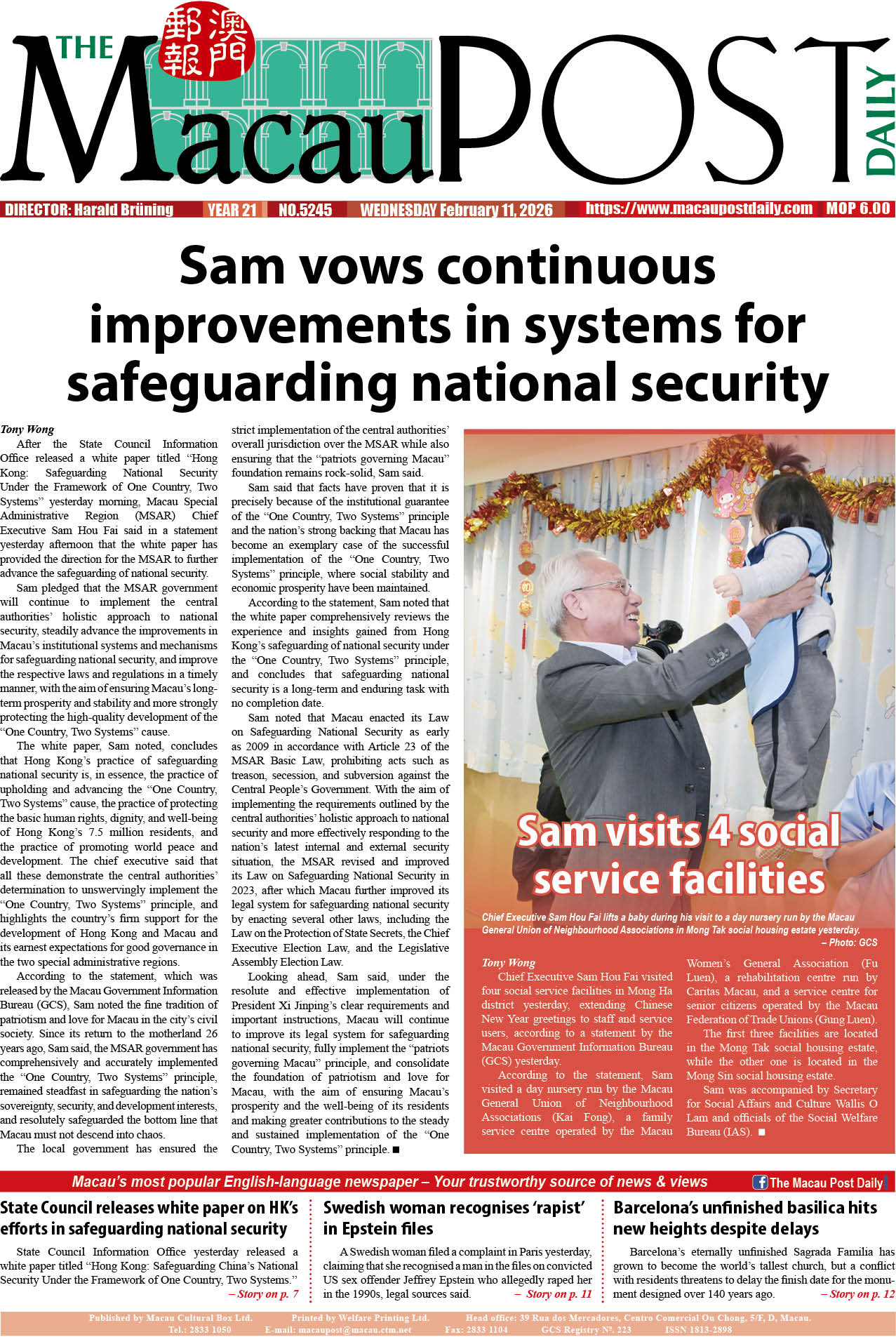When I was a student, I always wondered what the best way to learn was. This question became more frequent as I compared myself to some of my classmates, some of whom seemed to get through a number of subjects effortlessly. In an attempt to answer this frequently recurring question, I asked various people at different points of my life about what they thought was an effective way to learn, all of whom provided different answers and offered different experiences.
One of the most memorable answers I have ever heard occurred when I was in Primary 4, which was a time when a family friend’s son excelled in his academics and consistently achieved high honours. Wanting to be like him, I took the initiative to ask his mother what helped her son maintain his high grades. Confidently, she explained that mixed into his breakfast was an important ingredient: a small section of a newspaper cut into tiny pieces. She believed that this special ingredient was able to aid in expanding one’s knowledge and vocabulary. “That’s why his vocabulary is so well-rounded and his spelling is so good”, I remember her saying. Although curious, I never had the stomach to try.
Later on, during middle school, I was still looking for ways to catch up with my peers. Aside from attempting to study harder and trying to memorise study materials word for word to no avail, other unforgettable suggestions were “sleep with a few books under your pillow!” or “eat lots of peanuts because they will make you smarter”. However, none would really help me to learn better.
Personally, I found that in order to be able to study and learn something effectively, the methods involved would have much less to do with eating paper, putting a few books under your pillow, or simply memorising study materials word for word. The most effective way to learn has a lot more to do with understanding what you are studying and, if possible, putting them into practice. This is important advice that I would later come to know because of two of my favourite professors in college, who emphasised their importance.
During tests and quizzes, they would, in their respective classes, remind everyone that understanding the materials at hand would always beat memorising a few chapters and panicking upon not knowing what to do once a single word or line is forgotten. One of them recommended getting a full understanding of terms and concepts before going any further through reading a chapter or section with full understanding. This meant actually doing some deep reading as opposed to skimming through the materials, while highlights or notes will only be taken once you have finished a section. Memorisation, in this case, is only an aid to developing an understanding. When you truly understand something, the concepts that you studied and learnt won’t simply be thrown out and forgotten. Understanding, in my opinion, will allow someone to learn and actually integrate what they have learnt into lasting knowledge.
Everybody learns things differently, employing different methods to do so academically or in other situations. From my experience, I was able to get different answers that were based on perhaps tradition or superstition, but the only one that really worked and became the most important advice is to develop an understanding for what you are learning. Doing so will not only lead to lasting knowledge, at least from my experience, but will ensure effective learning.

Photo courtesy Unsplash









